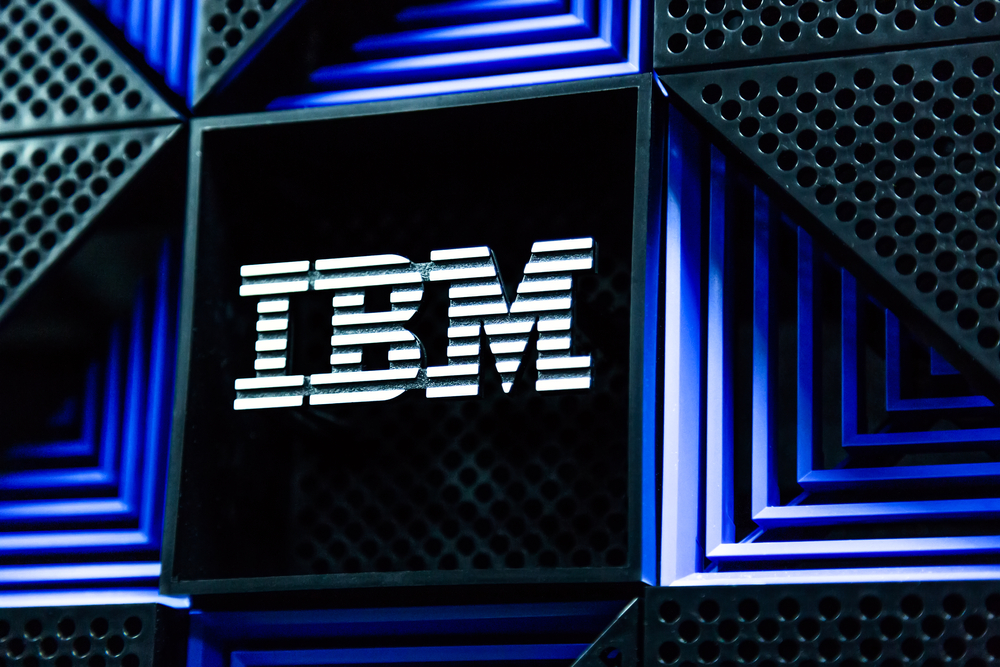IBM CEO Champions Deregulation, Innovation Amid Trump-Era Speculation
As anticipation builds over Donald Trump’s possible return to the White House, the business world is buzzing with speculation about how his administration’s policies might shape industries. In the tech sector, IBM CEO Arvind Krishna is positioning himself as a key proponent of deregulation, advocating for a business environment that prioritizes agility, innovation, and reduced government oversight. Krishna’s comments at the Yahoo Finance Invest Conference offer a glimpse into the tech industry’s hopes for a deregulatory shift under a potential Trump presidency.
Why Deregulation Matters for Tech
Krishna’s perspective is rooted in the belief that businesses thrive in predictable and flexible regulatory landscapes. At the conference, he highlighted how reduced regulatory burdens could empower companies to act decisively, particularly in areas like mergers and acquisitions.
“With greater certainty regarding outcomes, we are more inclined to engage in activities such as mergers and acquisitions. If the regulatory landscape and antitrust considerations become more predictable, it enables us to embrace greater risks,” Krishna explained.
This optimism is shared by many in the tech sector, which has faced intense scrutiny under the Biden administration. Led by Federal Trade Commission Chair Lina Khan, regulatory bodies have actively challenged the dominance of tech giants such as Amazon, Apple, Meta, and Alphabet. The aggressive pursuit of antitrust cases and restrictive merger policies has created a sense of unease across the industry.
Krishna’s comments resonate with the broader sentiment that a Trump-led administration might ease these pressures, fostering a climate where businesses can pursue innovation without the looming threat of regulatory roadblocks.
Trump’s Deregulatory Pledge: A Game-Changer?
Trump has made no secret of his deregulatory ambitions. His campaign rhetoric includes promises to dismantle bureaucratic obstacles, with a particular focus on scaling back Biden-era initiatives. Among these is an executive order establishing ethical frameworks for artificial intelligence (AI). While this order aims to ensure responsible AI development, critics argue it could stifle innovation. Trump’s vow to rescind such measures has sparked excitement among tech leaders eager to see unencumbered growth.
“Trump’s promise to cut red tape could unleash a wave of innovation,” said Dan Ives, a tech analyst at Wedbush Securities. “A less regulatory environment under Trump would likely see the FTC’s current aggressive stance fade into history, enabling Big Tech and Tesla to accelerate advancements, particularly in AI and automation.”
This optimistic outlook extends to Wall Street, where the prospect of deregulation is fueling a rally in tech stocks. Investors are already betting on a friendlier policy environment that prioritizes growth and technological advancement.
AI and the Ethical Dilemma
Artificial intelligence remains a contentious issue at the intersection of regulation and innovation. Biden’s executive order sought to create ethical guardrails for AI, addressing concerns about potential misuse, discrimination, and societal disruption. However, some industry leaders, including Krishna, view such measures as excessive.
For IBM, which has invested heavily in AI, a relaxed regulatory framework could accelerate innovation and allow for quicker market deployment of AI solutions. Krishna’s advocacy reflects a broader industry desire to balance ethical considerations with the need for technological progress.
Critics, however, caution against a hasty rollback of AI regulations. Without robust oversight, the risks associated with unchecked AI development—such as job displacement and privacy violations—could escalate, potentially undermining public trust in the technology.
Related: Hyundai Names Jose Munoz Co-CEO as It Prepares for EV Growth and Policy Challenges
Regulatory Clarity: The Key to Business Growth
At the heart of Krishna’s argument is the need for regulatory clarity. In his view, an unpredictable regulatory environment creates hesitation among businesses, delaying investments and stifling growth. He pointed out that consistent policies not only enable businesses to plan effectively but also foster confidence in high-stakes decisions.
“Business performs significantly better when uncertainty is minimized,” Krishna stated. “We are optimistic about the prospect of increased innovation and reduced regulation, both of which are beneficial for businesses universally.”
This sentiment reflects a broader industry frustration with the Biden administration’s regulatory approach, which many perceive as overly cautious and restrictive.
The Stakes for Big Tech
The tech industry stands at a pivotal moment. A potential shift toward deregulation could unleash new waves of innovation, particularly in areas like AI, cloud computing, and quantum technology. However, it also raises questions about the balance between growth and accountability.
For Krishna and IBM, the stakes are clear. A business-friendly regulatory environment could not only enhance corporate agility but also position the tech giant as a leader in shaping the future of technology. As the political landscape evolves, industry leaders and policymakers will need to navigate the complex interplay between innovation and regulation.
“The interplay between reduced regulation and innovation isn’t just a policy debate—it’s a blueprint for the future of the tech industry,” Krishna concluded.
With the possibility of Trump returning to office, the tech sector is bracing for a transformative period. Whether this translates into sustained growth or unforeseen challenges remains to be seen. For now, leaders like Krishna are betting on a future where innovation takes center stage.











